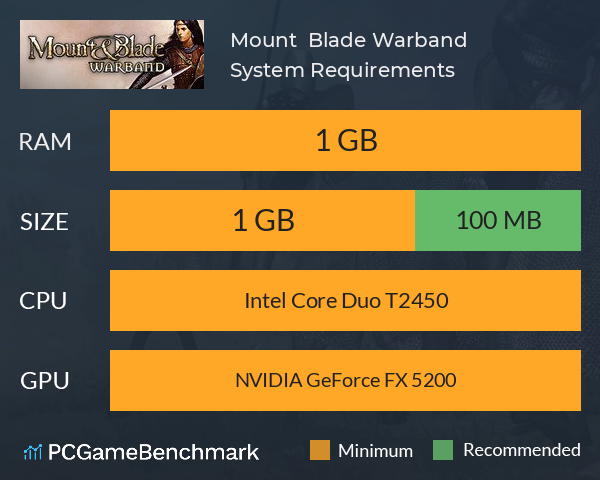
This mount option significantly reduces writes needed to (d) more than 24 hours have passed since the inode was (c) an undeleted inode is evicted from memory or (b) the application employs fsync(2), syncfs(2), or (a) the inode needs to be updated for some change On-disk timestamps are updated only when: Reduce on-disk updates of inode timestamps (atime, mtime,Ĭtime) by maintaining these changes only in memory. (This property can be obtained for individual directories Make directory changes on this filesystem synchronous. Some or all of these flags, as described later in this page. The list below describes the additional flags that can be Furtherįlags may be specified in mountflags to modify the behavior of * Create a new mount: mountflags includes none of the aboveĮach of these operations is detailed later in this page.

* Move an existing mount to a new location: mountflags includes Includes one of MS_SHARED, MS_PRIVATE, MS_SLAVE, or * Change the propagation type of an existing mount: mountflags

* Create a bind mount: mountflags includes MS_BIND. * Remount an existing mount: mountflags includes MS_REMOUNT. TheĬhoice of which operation to perform is determined by testing theīits set in mountflags, with the tests being conducted in the Operation, depending on the bits specified in mountflags. Specified as NULL, if there are no options.Ī call to mount() performs one of a number of general types of See mount(8) for details of the optionsĪvailable for each filesystem type. Typically it is a string of comma-separated options understood by The data argument is interpreted by the different filesystems.

Values for the filesystemtype argument supported by the kernelĪre listed in /proc/filesystems (e.g., "btrfs", "ext4", "jfs", Location (a directory or file) specified by the pathname inĪppropriate privilege (Linux: the CAP_SYS_ADMIN capability) is Pathname of a directory or file, or a dummy string) to the

Often a pathname referring to a device, but can also be the SYNOPSIS top #include int mount(const char * source, const char * target, const char * filesystemtype, unsigned long mountflags, const void * data ) DESCRIPTION top mount() attaches the filesystem specified by source (which is MOUNT(2) Linux Programmer's Manual MOUNT(2) NAME top


 0 kommentar(er)
0 kommentar(er)
